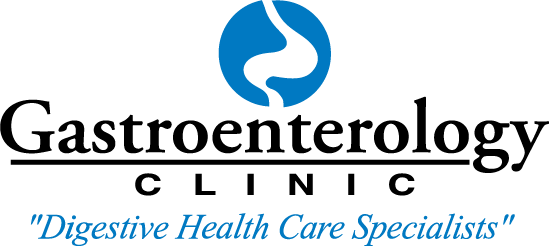
GERD
Stop the burn!

By C. Collins Coon, MD
GERD (gastroesophageal reflux disease, or acid reflux) is a condition that persistently causes acid-containing contents in your stomach to flow back up into your esophagus. This condition is often referred to as heartburn.
Everyone has experienced GERD on one occasion or another. It happens when you burp, have an acid taste in your mouth, or have heartburn. If these symptoms interfere with your daily life, it’s time to see your physician for treatment to relieve GERD.
Without treatment, GERD can lead to more serious medical conditions, including:
- Esophagitis – the irritation and inflammation that stomach acid causes in the lining of the esophagus.
- Barrett’s esophagus – a condition that develops in approximately 10% of people who have long-term GERD. The damage acid reflux can cause over the years can change the cells in the lining of the esophagus. Barrett’s esophagus is a risk factor for cancer of the esophagus.
- Esophageal cancer – two major types of cancer begin in the esophagus. Adenocarcinoma usually develops in the lower part of the esophagus and can develop from Barrett’s esophagus. Squamous cell carcinoma begins in the cells that line the esophagus and usually affects the upper and middle parts of the esophagus.
- Strictures – when the damaged lining of the esophagus becomes scarred, it causes a narrowing of the esophagus (think of the shape of an hourglass). Strictures can interfere with eating and drinking by preventing food and liquid from reaching the stomach.
One of the most accurate and useful tools we use for diagnosing GERD is the Bravo pH monitor. Bravo pH monitoring is initiated during an endoscopy. A small chip is placed in your lower esophagus to record your acid levels for 48 hours. The chip transmits your acid level to a wireless recording device that you wear around your belt. The data from the recording device can gauge your reflux severity. Your doctor will upload the information from the receiver and analyze the results. This information will help your doctor diagnose GERD and order the appropriate treatment.
Lifestyle changes are instrumental for the treatment of GERD to be successful. Changes include weight loss, sleeping in an inclined position, modifying diet, and finishing meals at least three hours before bedtime. Your physician may also recommend medications to treat reflux or relieve symptoms. Over-the-counter antacids and H2 blockers may help decrease the effects of stomach acid. Proton pump inhibitors block acid production and may also be effective.
If your symptoms do not improve with lifestyle changes or drug therapy, you may be a candidate for surgery. Some patients prefer a surgical approach as an alternative to a lifetime of taking medications. The goal of surgery for reflux disease is to strengthen the anti-reflux barrier.
Don’t let persistent heartburn get in the way of your life. Talk with your doctor if you believe you may have symptoms of GERD.
***
